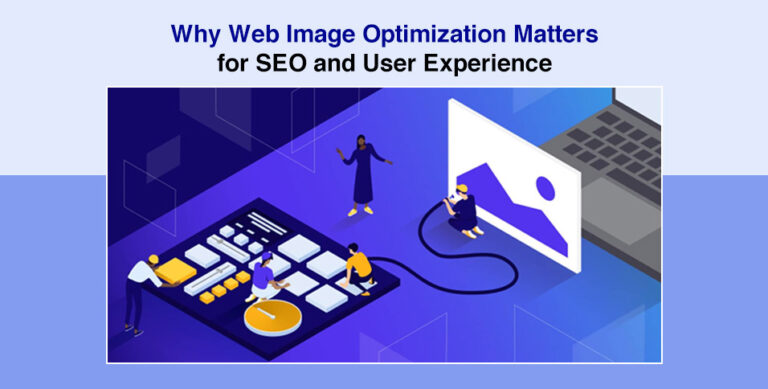Getting HR right from day 1 for any new company can be important. From the ground up, startups and entrepreneurs who engage in small business HR systems development should commit to a strong HR department. HR has a massive impact on the success of any organization. They ensure compliance, optimize hiring and onboarding, and employ strategies to keep workers engaged and productive.
Here is how to set up HR in an organization.
Define Your Base Expectations
Any founder, entrepreneur, or manager should start their journey into HR by setting up a base set of expectations. Consider what is wanted for recruitment, legal compliance, employee conduct, and performance management. Familiarize yourself with basic HR.
Areas of HR to Focus On
Here are nine areas that your HR should focus on within the scope of your organization. It would help if you touched upon these areas when setting up a new HR department.
- Human resource planning
- Recruitment & selection
- Performance management
- Learning & development
- Career planning
- Benefits & rewards
Establish Record-Keeping Policies
Set out how you want records to be managed. Start with employee records. Understand what documents you’re legally required to keep in a personnel file. Author your recruitment documents, employee eligibility forms, payroll documents, termination records, and disciplinary procedure documents. Ensure every employee has their personnel file.
Create Detailed Policies for Your Company
Any HR consulting firm or HR specialist will advise you to write out policies for each of the following: employee attendance, hours of work, hiring, performance management, overtime, termination, leave policy, anti-harassment policy, employee conduct, social media policy, confidentiality policy, probation, disclosure of business interests, health and safety, and drugs and alcohol.
Outline In Detail Your Ethics
Ethics in business should be transparent. This includes financial reporting, dress code, employee conduct, data security, rules for handling company assets, and workplace health and safety. The ethics you expect from your worker base should all be written into your policies and reinforced by HR representatives.
Define Your Recruiting
Know who is involved in recruiting, what templates to use, what questions to ask, and what documents to collect.
Define Your Onboarding Routine
In HR, you want an onboarding checklist that touches upon an employee’s first day, orientation, first week, first 90 days, and first year.
Outline Compensation and Benefits
Your HR should formalize your compensation and benefits structures. The defining fundamentals are salary or hourly wages, retirement savings, paid time off, and health insurance.
You should also define what, if any, compensation is available for performance bonuses, profit-sharing, stock options, supplemental insurance, travel reimbursement, and relocation bonuses.
Know What Perks You May Offer
Non-monetary perks can be important to an employee. Your HR will want to know what policies are in place regarding career development, flexible work arrangements, corporate discounts, and employee recognition programs.
You may also have more targeted perks like wellness support, in-house daycare, free meals, etc.
Install The Right HR Software
Your HR department should have sleek, simple software to perform its duties, including payroll, workforce management, applicant tracking, learning and development, and performance management. Ensure your organization has data and analytics and that HR has the tools to deliver its best performance.
Ensure Your HR Is Legally Compliant
All HR policies should follow employment laws and guidelines. It is your responsibility to know what these are.
Create an Employee Handbook
As you’re nearing the end of setting up your HR in an organization, it’s time to create an employee handbook to share with each employee. Add your company’s values, mission statement, background information, and relevant policies your employees should know.
Set Up Learning and Career Development
Empower your employees. Allow them to gain new skills and engage them in career development. Set up skills training to reflect your organization’s direction and appeal to each employee’s career path or aspirations.
Create training frameworks and personal development plans, such as access to mentors and coaches, to help your workforce become stronger, smarter, and more productive.
Know When to Expand Your HR Team
As your company grows, you may need to hire more HR employees, such as a recruiter or an HR administrator, to cover more basic tasks while a manager handles macro tasks.
A startup, however, may only need a single HR specialist. This is all dependent upon your organization’s present and anticipated needs.
Ensure Employees Feel Comfortable With HR
Employees should understand job expectations, feel that they are being treated fairly and consistently with how others are being treated, and feel encouraged to come forward if a question, concern, or problem needs addressing.
HR supports employees and communicates company culture; the department should be judged accordingly.
Also Read: 10 Effective Techniques to Optimize Workflow Through Time Management and Employee Tracking
















